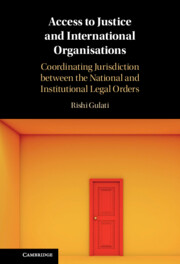‘Austerity policies and litigation costs reforms’ (Erasmus School of Law, 20 April 2022, online)
In the context of the Vici project ‘Affordable Access to Justice’, the project team (Erasmus School of Law) is organising a series of online seminars dedicated to the Trends and Challenges in Costs and Funding of Civil Justice.
The next session is scheduled for Wednesday, 20 April 2022 (14:00-16:00 CET) on the topic: Austerity policies and litigation costs reforms.
The relationship between access to justice, efficiency of courts, and litigation costs has never been an easy one. Yet, finding a proper balance has never been more challenging than in recent times. The EU economic crises of the last decade and austerity policies deeply affected justice budgets in several EU Member States and triggered justice reforms, particularly in the area of litigation costs. Building on the experiences of three EU jurisdictions that have been greatly affected by such developments (namely, Greece, Portugal, and Spain), the seminar will assess the impact of austerity measures on access to justice.
Speakers: Panagiotis Perakis (Vice President CCBE), Paula Costa e Silva (Lisbon University), Fernando Gascón Inchausti (Complutense University of Madrid)
To attend the online event, please register here.
With thanks to Adriani Dori for the tip-off.





